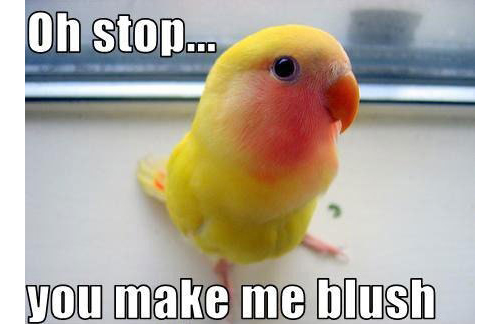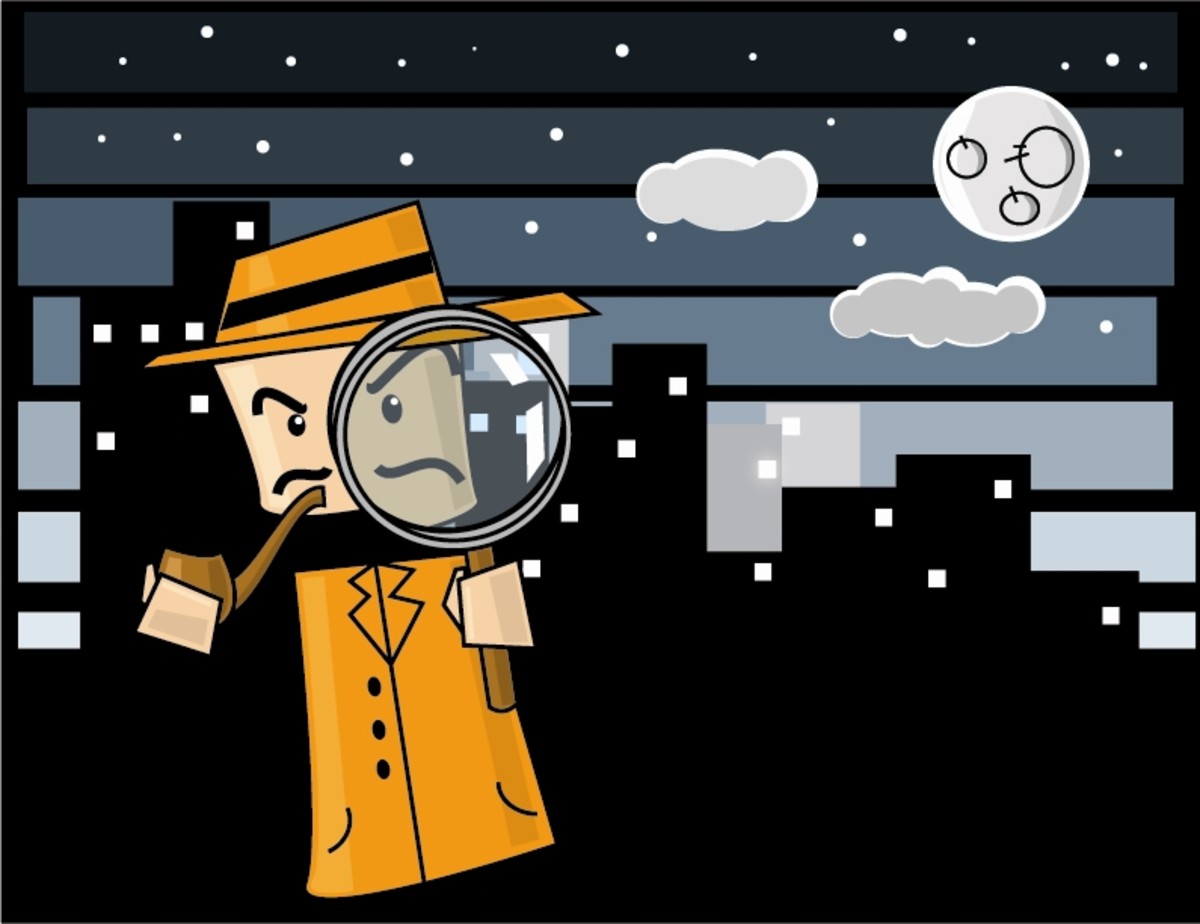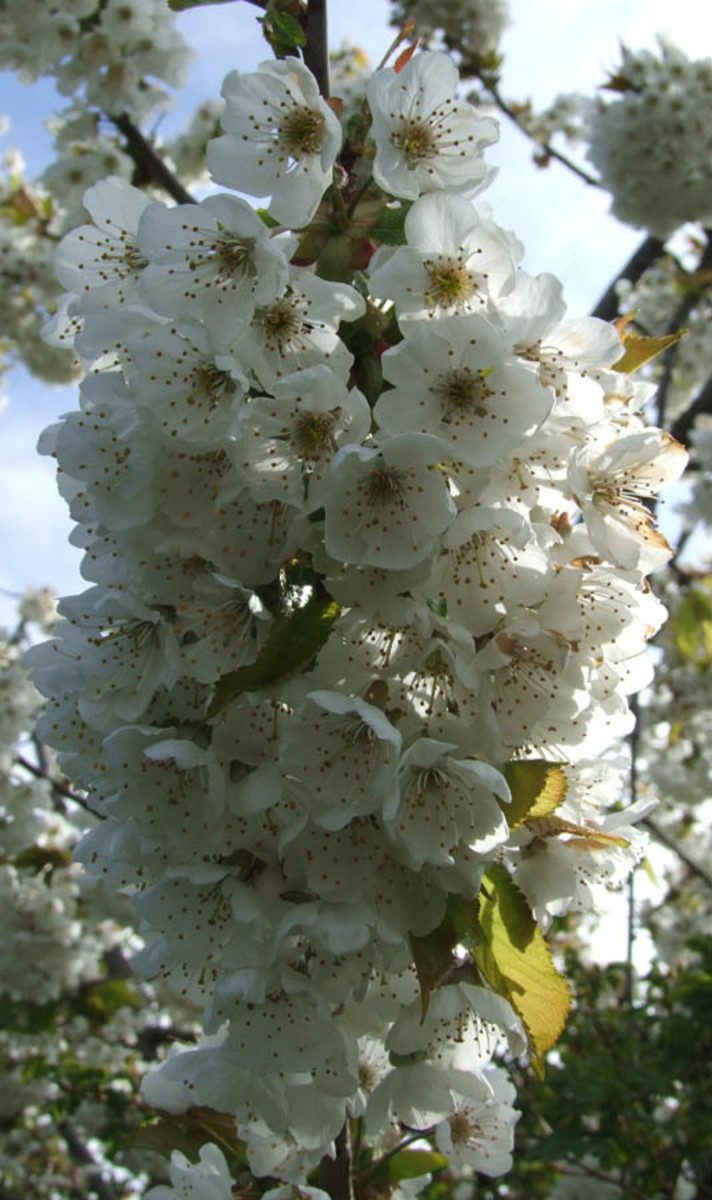Some Thoughts on How to Prevent Blushing, Because You Can't Avoid It

Blushing isn't necessarily bad thing.
Blushing too often, can be an annoying problem or an actual health issue. Getting red faced maybe kind of cute on certain women, or even men, but most won't admit to it. Blushing is something that all people do and it isn't curable, nor can you take medication to stop it. Blushing isn't necessarily bad thing, but doing it uncontrollably and frequently can cause frustration for sure.
What blushing is physically speaking?
Generally it is the involuntary rush of blood to the face, typically brought on by anxiety in social situations. There is redness and sometimes perspiration caused by blushing. Getting flushed is made worse by the fact that the face has more capillary loops and blood vessels than other skin areas. Most people Many individuals focus on becoming flushed when it happens, exacerbating their social nervousness. Medical research has found that the more we think about our face reddening, the more we will blush. Figuring out how to quit focusing on becoming flushed is the best way to reduce the effects.
Sometimes just pointing out that a person is blushing, will cause an opposing reaction. Like being clumsy, when pointed out by people in public, can cause a person to compensate and not trip as much. Sometimes it is about awareness, which often isn't something we have a grasp on, when it comes to blushing or facial reddening.
Facial reddening
Facial reddening regularly deteriorates because most people get apprehensive about individuals noticing their nervousness. If you find some way to defuse such feelings and the tension that arises, you have no motivation to redden any longer.Trying mind over matter sometimes helps, similar to tricking the brain by using thought exercises. To assist a person with feeling flushed, have them think about being in an environment that is cooler. The point is misdirection and diverting the body from becoming flushed itself, such thought exercises can be rehearsed.
For example, thinking of a very cold lake. Think of jumping into the chilly water and letting your body feel the frosty air, as you swim to the other side of the lake in on a windy Winter night.
Another example is visualizing a group of people naked. This exercise works well with most people, since it gets you to shift your attentions off yourself, but also relaxes the body and lets you see yourself as part of the group. Also it generally causes you to laugh, if only on the inside.

Can you prevent blushing?
Trying to prevent blushing isn't easy to do, it requires being keenly aware of yourself and your body, so take notice of what happens when you are blushing.
Is it when you're angry? Is it when you're nervous? Is it when you look at or think of a particular person? Is it when you're in front of groups? Is it when you are with new people? Don't try to avoid what makes you blush, but instead attempt to condition your body into believing there is no reason to react. This is the best way to avoid blushing, in essence. Not letting the reaction happen by anticipating it.
While studying the animal kingdom Dr. Elaine Aron discovered that approximately 20 percent of all living species have their own form of being highly sensitive like humans. In most animals it is a reaction that allows them to sense danger, a natural instinct to be highly sensitive. Dr. Aron wanted to know why a only a small minority of human beings seemed to be highly sensitive. Just as 1 In 20 people will go into remission for cancer, similarly are there 1 out of 20 highly sensitive people and the same statistical percentage in other living things. Each species was highly sensitive including human beings, as a means of sensing danger. Dr. Aron refers to those individuals who are highly sensitive by the acronym HSP or HSPs.Dr. Elaine Aron began to examine reactions like blushing from a scientific viewpoint in 1991.She said that in human beings this trait was not new, "...but it has been misunderstood. Because HSPs prefer to look before entering new situations, they are often called shy. But shyness is learned, ot innate. In fact, 30% of HSPs are extraverts, although the trait is often mislabeled as introversion. It has also been called inhibitedness, fearfulness, or neuroticism. Some HSPs behave In these ways, but it is not innate to do so and not the basic trait."

Blushing too often, can be an annoying problem or an actual health issue.
Blushing is a part of being a human being. It may sometimes appear as though there's no getting away from that humiliating flush of the cheeks. This maybe true each time you take a gander at your pound, hear a disagreeable joke, but knowing how to prevent it.
Being humiliated can be another blushing trigger; others become flushed for reasons unknown by any stretch of the imagination, which thus causes shame.Blushing too often, can be an annoying problem or an actual health issue. Getting red faced maybe kind of cute on certain women, or even men, but most won't admit to it. Blushing is something that all people do and it isn't curable, nor can you take medication to stop it. Blushing isn't necessarily bad thing, but doing it uncontrollably and frequently can cause frustration for sure.What blushing is physically speaking? Generally it is the involuntary rush of blood to the face, typically brought on by anxiety in social situations. There is redness and sometimes perspiration caused by blushing. Getting flushed is made worse by the fact that the face has more capillary loops and blood vessels than other skin areas. Most people, many individuals focus on becoming flushed when it happens, exacerbating their social nervousness. Medical research has found that the more we think about our face reddening, the more we will blush. Figuring out how to quit focusing on becoming flushed is the best way to reduce the effects.Sometimes just pointing out that a person is blushing, will cause an opposing reaction. Like being clumsy, when pointed out by people in public, can cause a person to compensate and not trip as much. Sometimes it is about awareness, which often isn't something we have a grasp on, when it comes to blushing or facial reddening.Facial reddening regularly deteriorates because most people get apprehensive about individuals noticing their nervousness. If you find some way to defuse such feelings and the tension that arises, you have no motivation to redden any longer.Trying mind over matter sometimes helps, similar to tricking the brain by using thought exercises. To assist a person with feeling flushed, have them think about being in an environment that is cooler. The point is misdirection and diverting the body from becoming flushed itself, such thought exercises can be rehearsed.For example, thinking of a very cold lake. Think of jumping into the chilly water and letting your body feel the frosty air, as you swim to the other side of the lake in on a windy Winter night.Another example is visualizing a group of people naked. This exercise works well with most people, since it gets you to shift your attentions off yourself, but also relaxes the body and lets you see yourself as part of the group. Also it generally causes you to laugh, if only on the inside.Trying to prevent blushing isn't easy to do, it requires being keenly aware of yourself and your body, so take notice of what happens when you are blushing.Is it when you're angry? Is it when you're nervous? Is it when you look at or think of a particular person? Is it when you're in front of groups? Is it when you are with new people? Don't try to avoid what makes you blush, but instead attempt to condition your body into believing there is no reason to react. This is the best way to avoid blushing, in essence. Not letting the reaction happen by anticipating it.While studying the animal kingdom Dr. Elaine Aron discovered that approximately 20 percent of all living species have their own form of being highly sensitive like humans. In most animals it is a reaction that allows them to sense danger, a natural instinct to be highly sensitive. Dr. Aron wanted to know why a only a small minority of human beings seemed to be highly sensitive. Just as 1 In 20 people will go into remission for cancer, similarly are there 1 out of 20 highly sensitive people and the same statistical percentage in other living things. Each species was highly sensitive including human beings, as a means of sensing danger. Dr. Aron refers to those individuals who are highly sensitive by the acronym HSP or HSPs.Dr. Elaine Aron began to examine reactions like blushing from a scientific viewpoint in 1991.She said that in human beings this trait was not new, "...but it has been misunderstood. Because HSPs prefer to look before entering new situations, they are often called shy. But shyness is learned, ot innate. In fact, 30% of HSPs are extraverts, although the trait is often mislabeled as introversion. It has also been called inhibitedness, fearfulness, or neuroticism. Some HSPs behave In these ways, but it is not innate to do so and not the basic trait."Blushing is a part of being a human being. It may sometimes appear as though there's no getting away from that humiliating flush of the cheeks. This maybe true each time you take a gander at your pound, hear a disagreeable joke, but knowing how to prevent it.Being humiliated can be another blushing trigger; others become flushed for reasons unknown by any stretch of the imagination, which thus causes shame.








